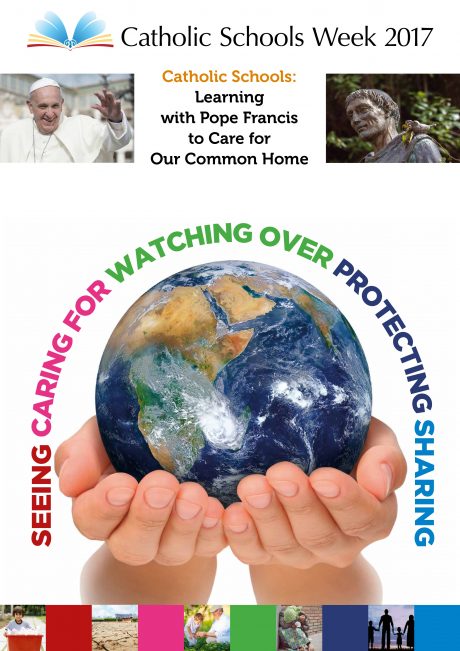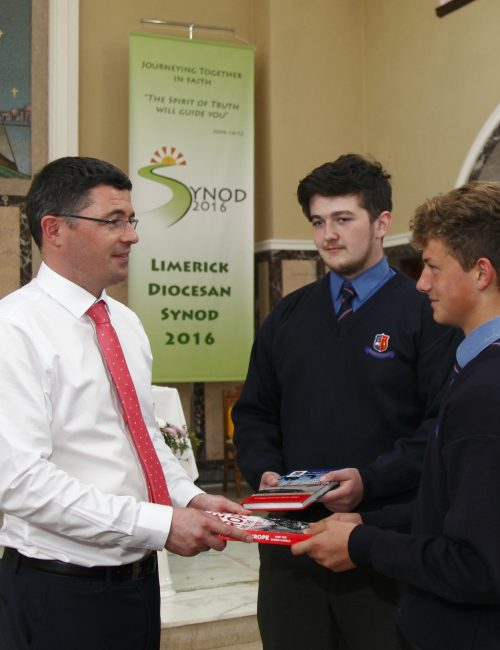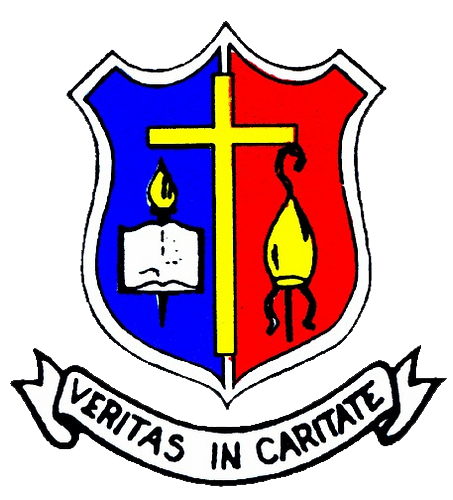The Church reminds us that we have a duty of care to the world and everything in it, for ‘she must above all protect mankind from self-destruction’. Pope Francis facilitates the type of learning that reminds us that we can change the world by changing our ways through receiving a good education. For Pope Francis, a good education begins in the home. It is within our families that we learn to respect human life and the world: ‘In the face of the so-called culture of death, the family is the heart of the culture of life.’
‘Our world is hurting to be loved.’ We are stewards of creation, and, therefore, it is our job to be aware of the many issues that damage our world: pollution, climate change, drought, loss of biodiversity and the reducing respect for the dignity of all of God’s creation. This does not mean that we merely research such issues and make empty statements about how they are unjust. Rather, Laudato Si’ calls us to act on this injustice by teaching us to see the world, every living thing and all of our fellow human beings differently. We learn to see and to feel the ways in which we are intimately connected to creation.
As Christians, we are called to be a witness to Christ in the world. We are being called upon to find a solution to the ecological crisis – to act as Jesus would act. In response to Laudato Si’ in 2015, a group of humanitarians and artists prepared an artistic display on the wall of St Peter’s Basilica in Rome, as a gift to Pope Francis. The display features images of the urgent threats facing our common home. The full display lasted for almost an hour. The video above features some of the highlights.
Pope Francis teaches us to see things differently so that we can learn to act differently. The challenge for all of us is to ‘examine our lifestyles’ by asking ourselves: Are my actions impacting on existing environmental issues? Am I resolved to making the world a better place for the next generation? Am I aware that people in the developing countries are suffering because of the actions and attitudes of the first world and that the world is, in fact, a common home for all? Can I improve my personal actions for the common good? These questions create space for dialogue on the issue of sustainability, which is far-reaching and can be a topic of discussion for many departments within our Catholic schools.
On reflection of our actions it is important to take time, one way to do this is through Christian mindfulness. This is about waking up and living in harmony with oneself, the world, and God. In trying to appreciate not only the richness of each moment we are alive but also the divine mystery in which our lives take place. Christian mindfulness opens our hearts and minds and gives you a happy heart.
As we commence our Catholic Schools Week we pray
‘May each of us find strength in God’s love to work towards a future where we make the necessary changes to protect our planet.’


